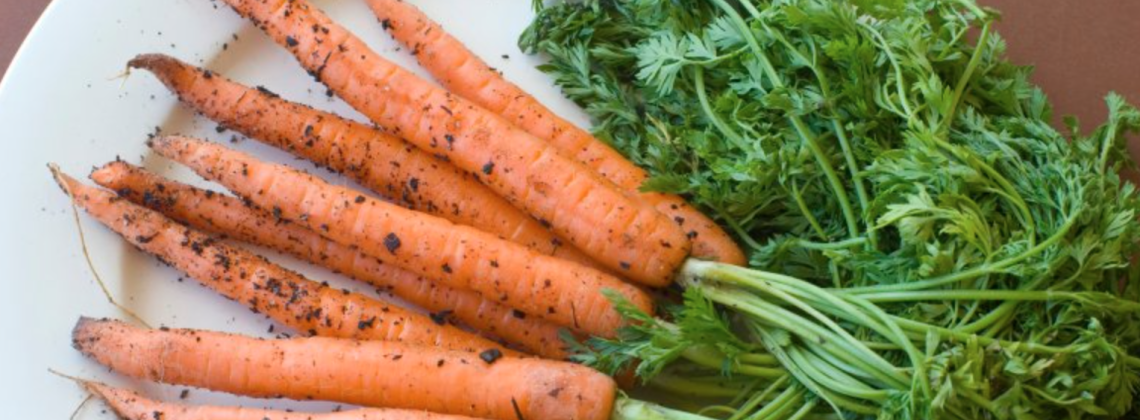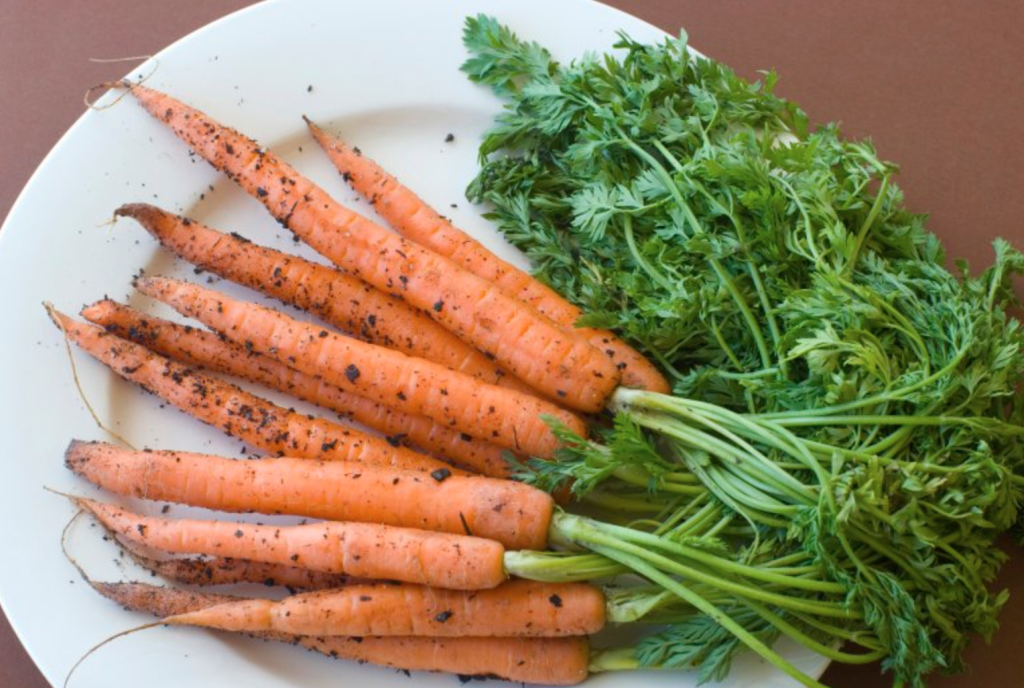

Living requires flexing—for persons and for cultures, too
A running joke in the My Big Fat Greek Wedding trilogy is Ian Miller’s vegetarianism and the inability of Toula’s family to understand that Ian, her eventual husband, consciously chooses not to eat meat. From Aunt Voula’s flabbergasted “WHAT DO YOU MEAN HE DON’T EAT NO MEAT?” in the first movie to one cousin’s simple response of “No” by the third installment, a vegetarian lifestyle was and is incomprehensible to a culture whose foodways center around the various ways to prepare and feast upon chicken and lamb.
It came as no surprise to me, then, that my father reacted in much the same way after I told him of my recent decision to give up meat.
At first he thought I was kidding, and joked “What are you going to eat, rabbit food?” As he shifted from denial into anger, Daddy launched into a short tirade against veganism and woke culture that I still don’t quite understand. He was sad—briefly—that I was giving up so much after just losing mom, but he moved quickly into bargaining when he failed to grasp that, no, freezing individual portions of linguiça wasn’t allowed. “But it’s just a bite or two,” he explained. “Who would know?”
It all started one afternoon when I stumbled upon a documentary called You Are What You Eat. The series documents an eight-week study conducted in 2022 by Stanford University comparing and contrasting the biometric effects of a vegan lifestyle among twenty-two sets of genetically identical twins. During the first four weeks the siblings ate as they normally did, with one of the twins adopting a plant-based diet for the remainder of the trial. What ultimately resulted was a significant drop in cholesterol and insulin levels, as well as body weight, for the plant-based twins.
These results are impressive, for sure, but what really caught my attention was the study’s conclusions regarding dementia. According to this study and others like it, a plant-based diet could be beneficial in preventing neurodegenerative disorders like Alzheimer’s. Additional studies have shown that a diet high in choline could accomplish the same.
Those of you who have read my work at Current are familiar with my mother’s recent battle with the disease. Despite my father’s insistence that I am more Nardone than McGovern, Alzheimer’s runs in my family. Not only did it claim my mother, but it came for my maternal grandfather too.
The thought of facing the same dragon my mother fought makes converting to a plant-based lifestyle the obvious choice. Still, I wrestled with the decision long and hard. My foodways are a part of me as much as any biometric value. They are not only a footprint of my culture, my family, and my community, they are my connection to the story of my ancestors. They hold memory and meaning. I worried that going plant-based would sever those ties. Would I be losing more than meat? Would I lose myself in the process?
To answer those questions I did what anyone would do: I consulted the Oracle: Google. For days I googled vegetarian versions of the foods and dishes that I grew up eating and now make myself. I made notes and copied recipes. I created Pinterest boards and experimented with plant-based meats, dairy alternatives, and debated the pork-like consistency of jackfruit.
I made a plant-based picadillo that became papas rellenas the second day. I tried my hand at vegan ropa vieja, soyrizo con papas, and mushroom stroganoff. I was pleasantly surprised by an Impossible Bolognese that tasted exactly like my tried-and-true meat-filled version, and I ate a plant-based feijoada that is probably the best thing I’ve eaten all year. In fact, a vegan friend of mine said it “slapped,” which, according to the Urban Dictionary, is a pretty good complement to receive. I’ve been told that it’s right up there with “bussin.”
In all, I spent the month deciding what would and would not work for me and I learned a lot about myself in the process. While my switch to plant butter was seamless, vegan cheese and I will never be friends. The same goes for tofu, although there is something about it in a smoothie. And did you know that almond milk separates when you add it to iced coffee? It’s not pleasant either.
What was most surprising, however, was the happy realization that I could continue enjoying the majority of my cultural foods in plant-based form. I actually exhaled with each successful dish I reinvented.
After saying goodbye to medium-rare steak, Chinese spare ribs, linguiça, and chicken tikka masala, I ultimately decided on a pescatarian diet. While I have given up meat and poultry completely, both dairy and fish are high in choline and I want that extra layer of prevention.
The jury is still out as to whether my father has fully accepted my choice, but at least we now have our own running joke to entertain us each week.
Colleen Vasconcellos is Professor of Atlantic History at the University of West Georgia. She is the author of Slavery, Childhood, and Abolition in Jamaica, 1788-1838 (Georgia, 2015) and the co-editor, with Jennifer Hillman Helgren, of Girlhood: A Global History (Rutgers, 2010).